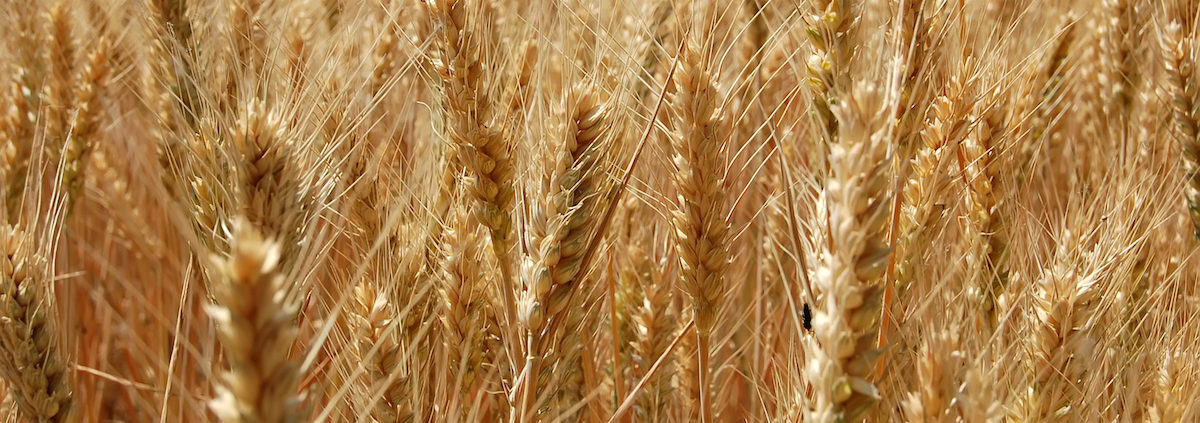Non Coeliac Gluten Sensitivity – ‘No Man’s Land’
Gluten is the main structural protein complex barley, rye and wheat and wheat is the most widely consumed grain in the world. Gluten related disorders (where there is an inappropriate reaction to gluten) is an umbrella terms that includes coeliac disease (CD), wheat allergy (WA) and non-coeliac gluten sensitivity (NCGS).
CD is an autoimmune condition (please see here and here for previous articles) that develops over time and is officially diagnosed using a combination of blood, genetic and small intestine biopsy test results. Most people are unaware that they have CD. Wheat allergy on the other hand is overt, with symptoms developing in minutes to hours and involves a measurable IgE (allergic) response. Both CD and WA are thought to affect approximately 1% of the population.
NCGS (characterised by feeling better on a gluten free diet) on the other hand is neither allergic nor autoimmune in nature, often involving a mixture of both CD and WA symptoms and is currently diagnosed by exclusion, as there are no current agreed laboratory tests. NCGS frequency is still unclear but might be as high as 6% of the population. Typical symptoms of NCGS include: diarrhoea, abdominal pain, weight loss, gas, bone/joint pain, leg numbness, muscle cramps, foggy head, headaches, dermatitis and anaemia. NCGS is not associated with the existence of other autoimmune conditions and the gut lining typically does not express markers of permeability (as with CD). Our precise understanding of how NCGS evolves as a condition is currently lacking.
A clear connection between IBS and NCGS has been detected. It is therefore likely that a subset of those presenting with IBS who have not got WA or CD may in fact have NCGS and would still benefit from a gluten free diet. This group of individuals are at risk of falling into a ‘no man’s land’ between allergists and gastroenterologists with the explanation of their condition sometimes being connected to psychosomatic triggers, rather than gluten itself. So whether it is IBS or any of the other symptoms listed above, surely it is worth eliminating gluten for a while? You might be surprised at how you feel!


 RT
RT 

Leave a Reply
Want to join the discussion?Feel free to contribute!